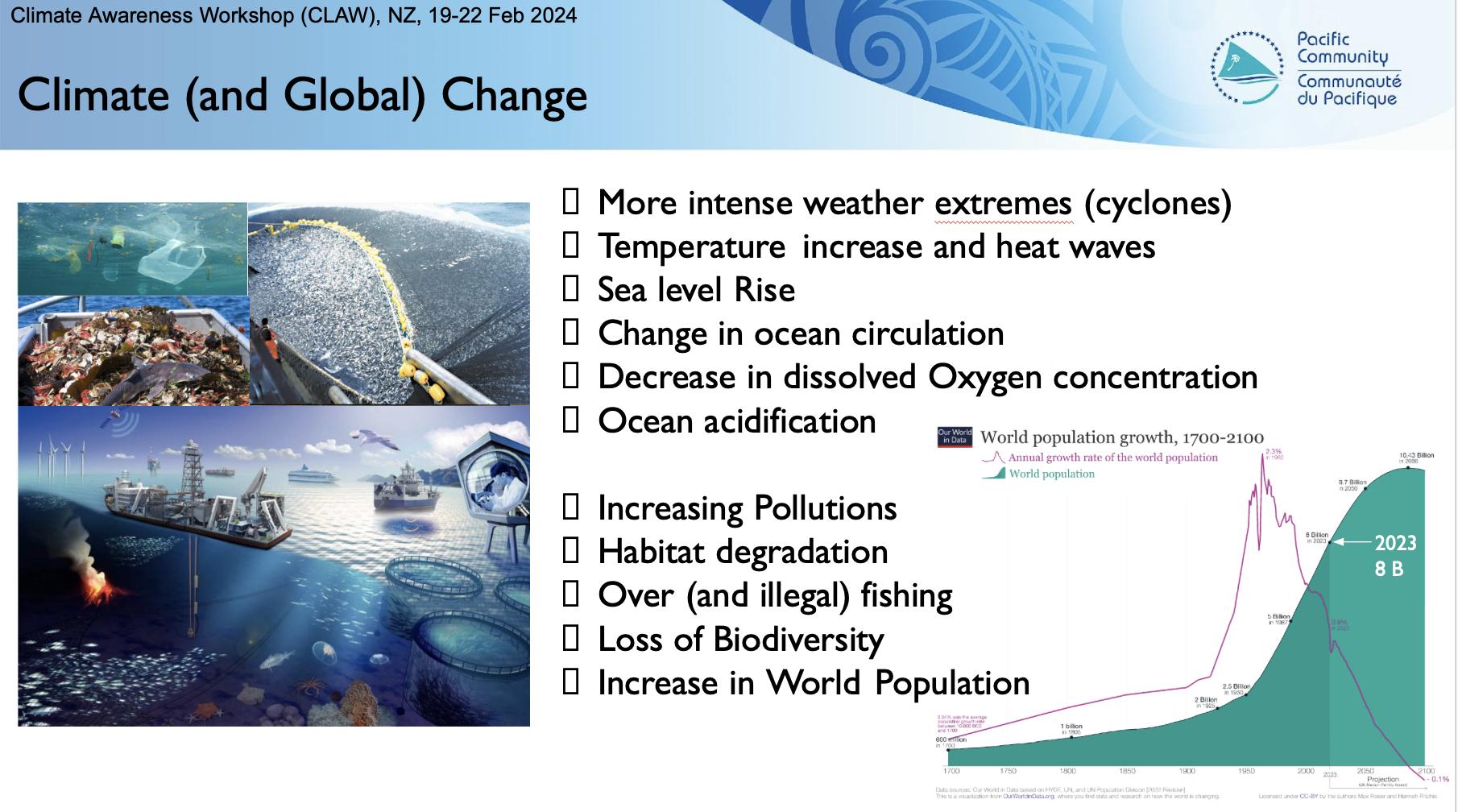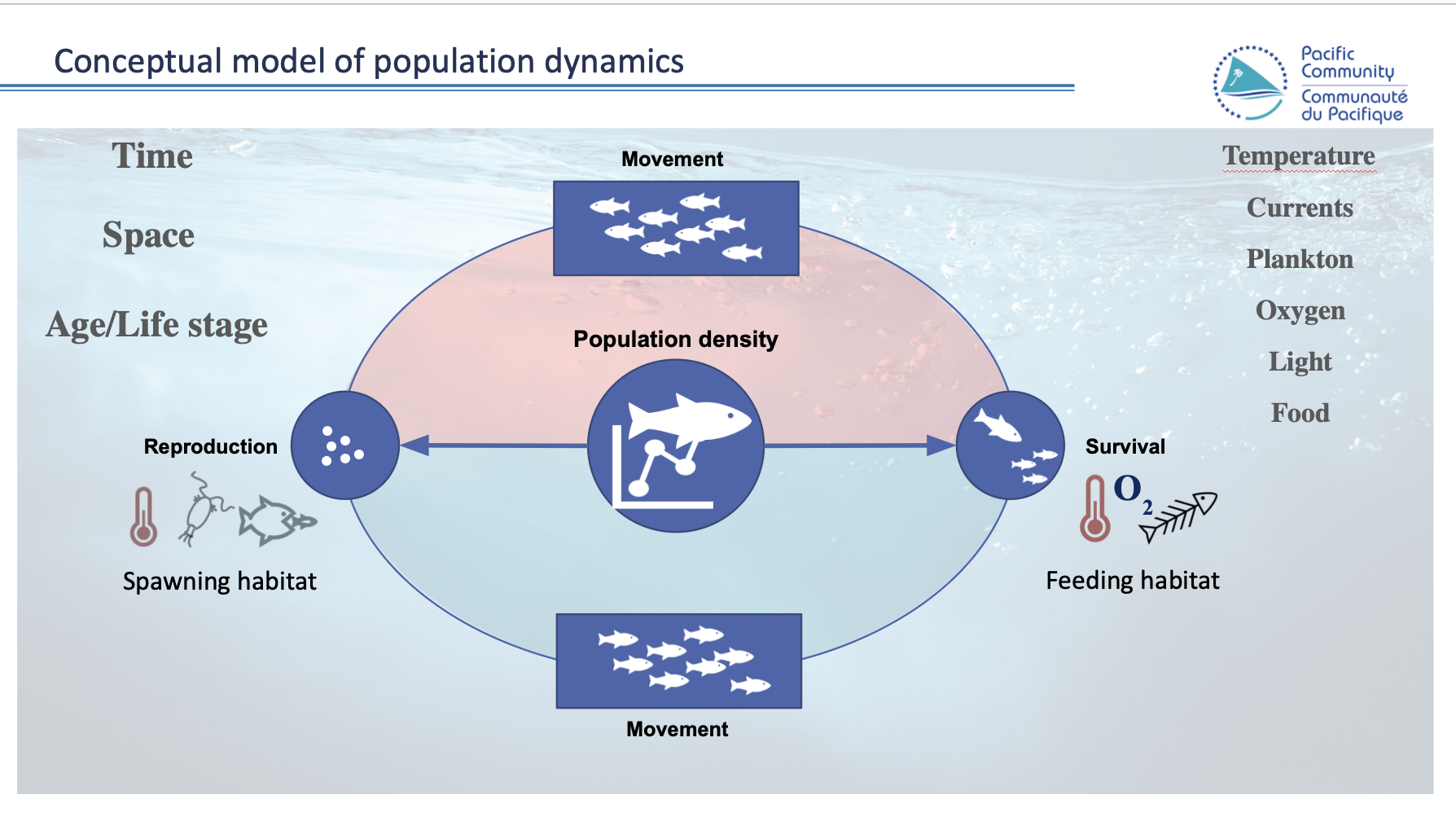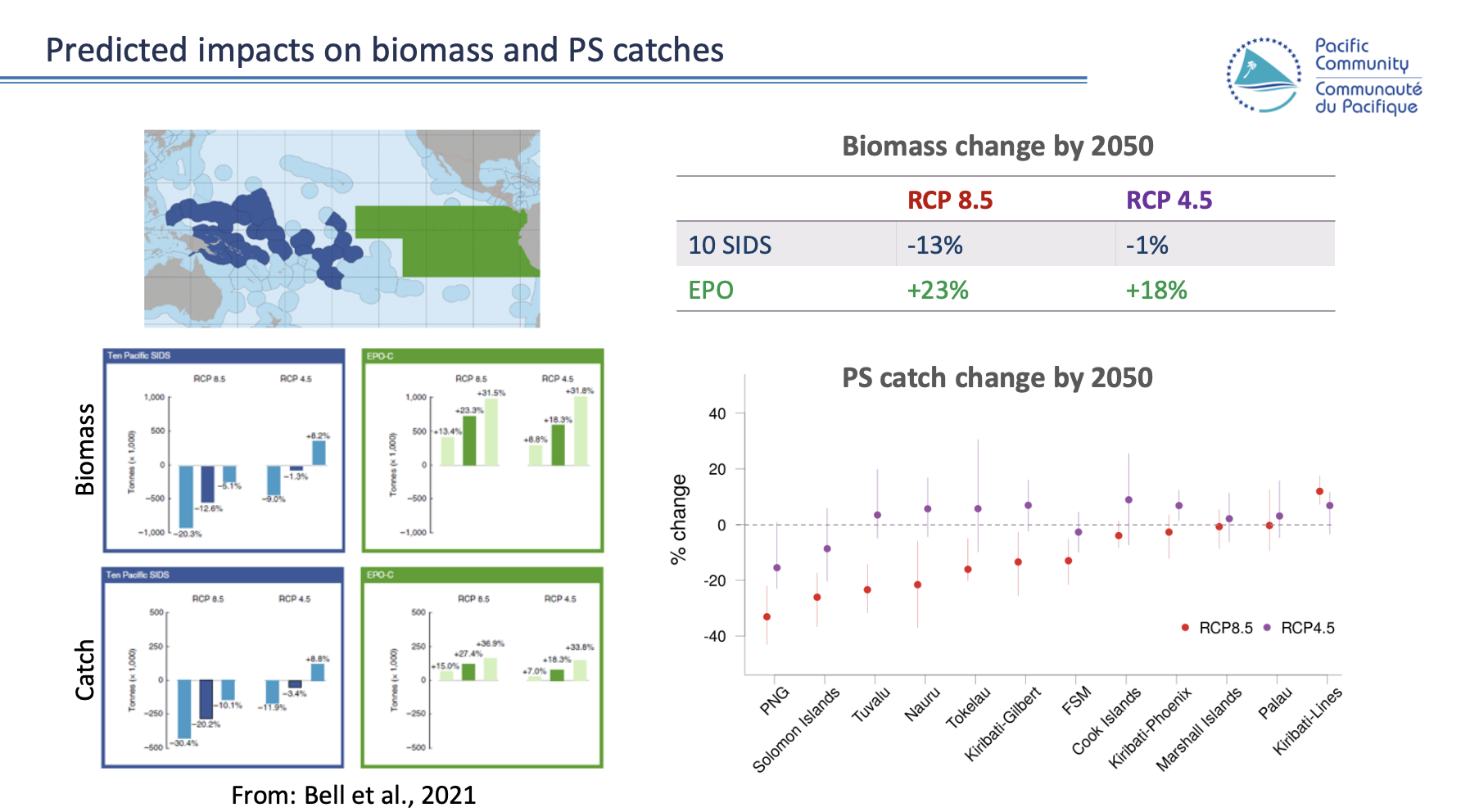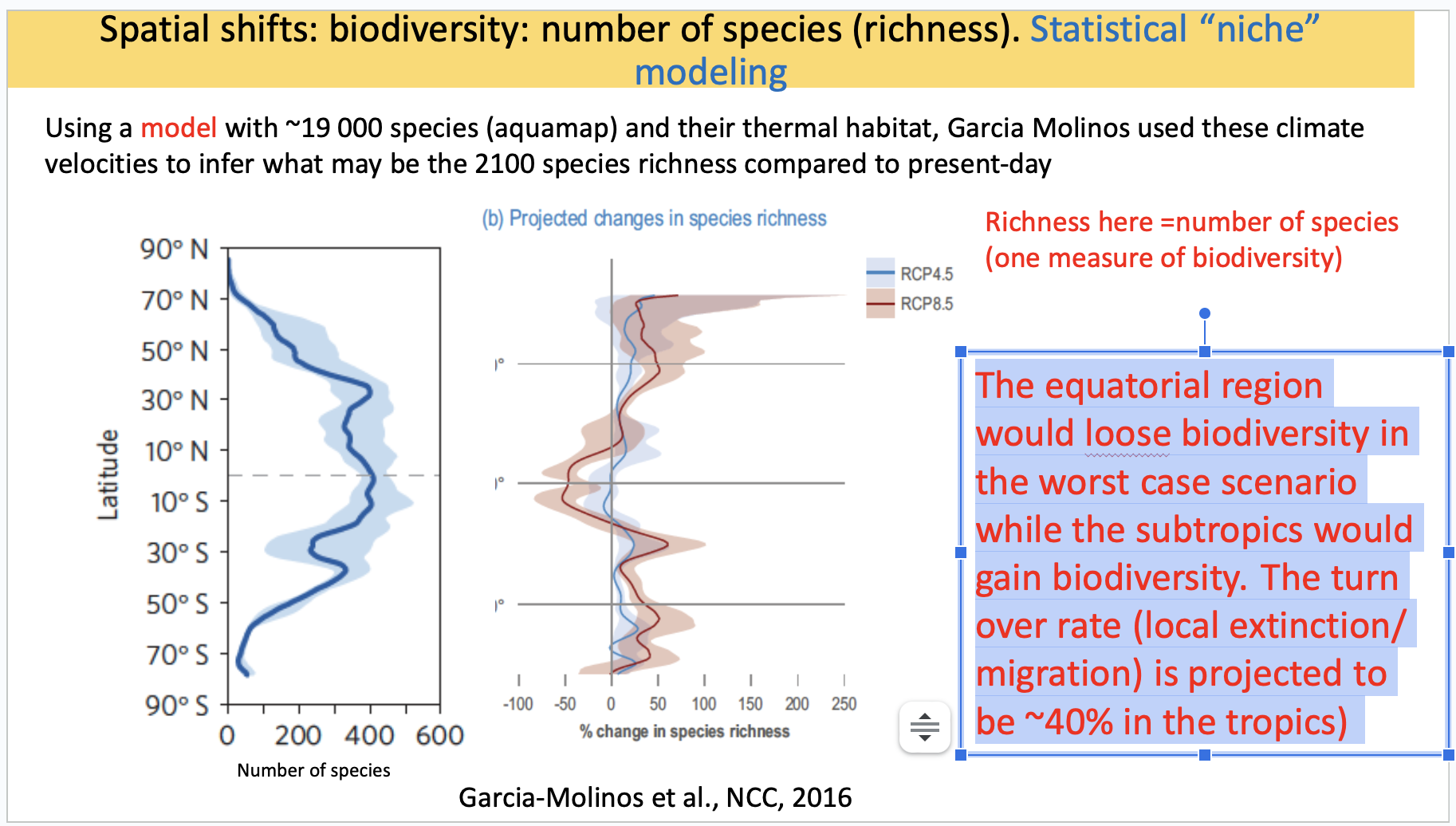Today is the 3rd day I'm involved at the Pacific Climate Awareness Workshop (CLAW) in Wellington. This is a 4-Day Course with Emphasis on Fisheries Impacts in the Pacific, Adaptation and Loss and Damage Advocacy.
It would be an understatement to say it is a sobering (and sometimes soul-crushing) workshop, and the learnings I get from here will be coming slowly to this blog over the following months.
It is not your right to buy a truck or fly for holidays….is this kid's right for a better future.
The workshop's premise is very sound: climate change impacts, sea level rise, and temperature are affecting Pacific islands in terms of their existence in the long term, and economic viability in the medium term, as climate change affects tuna distribution and abundance.
Lots have been discussed over a long time so far, yet we are facing an increasing scope of research from climate science that needs to come into fisheries science… which sometimes uses similar terminology with different meanings, which is already confusing for Anglophones and even more so for those that have English as 2nd, 3rd or 4th language as in the case of many people in the Pacific.
Hence, this workshop responds to the need to standardise language and concepts while having the latest information and research on climate change, fisheries and their interaction.
The meeting is organised by the Pacific Community (SPC) and the Pacific Islands Fisheries Forum Agency (FFA), with the economic support of the NZ Ministry of Foreign Affairs and Trade. And a splendid job has been done… they have brought together the top scientists and practitioners from the region and afar.
All the presentations have been great, and having the right and most updated info is excellent, even if it is pretty daunting.
I just put some of the many slides below for illustration…
On the side discussions I asked my colleagues how they deal with climate doomerism, it must be extremely demoralising being on the monitoring and modelling end of this topic, particularly knowing how this affects people they know and work with.
I was told that “Climate doomerism is dangerous. Climate optimism is even worse. Hope is crucial in effecting change. Blind optimism is not”.
This makes sense to me… and brings me back to two of my favourite quotes that I use very often:
“We have two choices: to abandon hope and ensure that the worst will happen, or to make use of the opportunities that exist and contribute to a better world. It is not a very difficult choice.” Noam Chomsky
“Not everything that is faced can be changed, but nothing can be changed until it is faced”. James Baldwin





